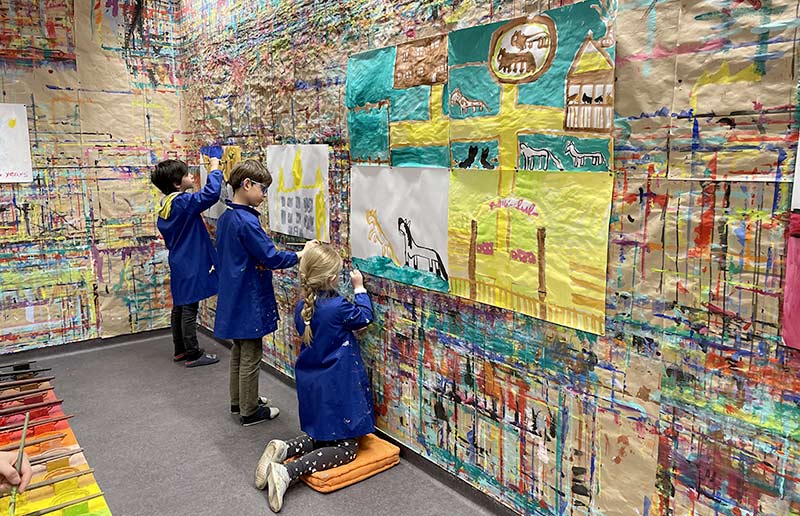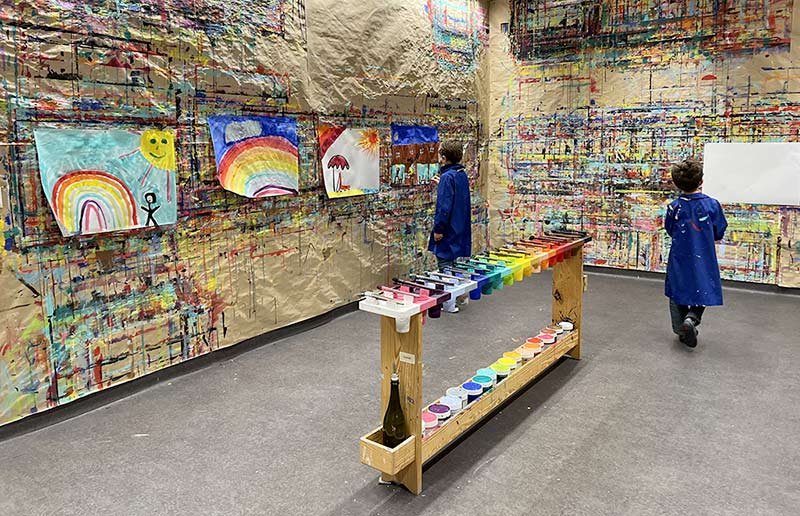Montessori - Seeds of Knowledge

Elementary level
Montessori pedagogy for 6 - 12 year-olds
help me think for myself
In our 6 – 12 classes, your child will benefit from a holistic program designed to support his or her need to understand and learn.
Through experimentation and exploration, your child will discover, understand and acquire all the knowledge necessary to adapt, respect and preserve the world around him or her. He’ll learn to manage his emotions, resolve conflicts and work constructively with his peers.
We work to ensure that your child acquires all the academic and social requirements he or she will need for further study, in an atmosphere of listening, sharing and trust.
The work environment
5 Characteristics
Our program responds to this natural curiosity of the child by providing opportunities for spontaneous reasoning.
Within our program, we have taken into consideration each of these characteristics in order to ensure personalized learning and follow-up allowing each student to take advantage of all of their potential.
Within our program, we have taken into consideration each of these characteristics in order to ensure personalized learning and follow-up allowing each student to take advantage of all of their potential.
Moral
The child needs to understand the reasons why there are taboos and his sense of justice and injustice is growing.
This is an age where loyalty, ideals and heroes are very important.
It is also during this period that the child begins to develop his spirit of responsibility which will continue to develop throughout life.
Suggestions for ages 6 - 12
Schedules
"The art of painting belongs to the artists.
The Game of Painting belongs to everyone else."


Once a week, the children go into the Closlieu in small groups to paint.
The children paint standing up on large-format sheets hung on the wall with thumbtacks.
They have access to a palette table with 18 colors and high-quality brushes.
The gouache used dries quickly and is free from harmful substances.
The paints remain in the school’s archives, as we don’t come here to produce works of art for others to see.
The aim of the game is the pleasure of the moment, not the result.


